Doctors Condemn Protest Outside Minister Beroš's Home
ZAGREB, 15 Oct 2021 - The Croatian Medical Chamber (HLK) and Croatian Medical Association (HLZ) on Friday condemned the anti-vaxxer protest outside Health Minister Vili Beroš's home.
About a dozen citizens gathered outside Beroš's home on Thursday evening after a Religious Instruction teacher from Križevci called on them to do so on his Facebook profile.
In the post entitled "House visit to COVID response team", Ivan Pokupac wrote that they would come unannounced in front of the home of one member of the national response team every day and stand around for 15 minutes to let them, their families and neighbours know of the "terror they are imposing on citizens."
The two medical associations said that such threatening behaviour of individuals directed against the family of any citizen, and in this case of an official, is an essentially unacceptable act that could put these families in jeopardy.
In any democratic society, there is no room for protests and demonstrations in front of an individual's home and they directly threaten the safety of family members.
Calls for violence and hate speech on social networks are a criminal act, and unfortunately, this unacceptable protest was preceded precisely by such comments on social networks, HLK and HLZ warned.
For more news, CLICK HERE.
Šolta Island Medicine Summer School Attracting Young Doctors to Rural Croatian Areas
August 15, 2021 - In 2018, Professor Tina Dušek, MD, Ph.D. organized the first Šolta Island Medicine Summer School to show young doctors that landing a job in a rural area was the best thing that could happen to them. The planned number of participants was 25. After receiving a staggering 300 applications, she knew she was on the right path.
If you are someone who grew up in a city, it is likely that the word ''island'' to you represents a picture of an everlasting summer. Salty air, gentle breeze, the sound of crashing waves. Peace and quiet. Who could want anything more?
For all their business during the summer, Croatian islands are experiencing depopulation. As much as people enjoy spending their holiday there, few would decide to extend their stay to all 365 days of the year.
All the things that attract tourists - the remoteness, the fact that there is no rush and no traffic, also mean the absence of many advantages of our modern-day life, one of them being the availability of state-of-the-art medical services. The thought puts off both ''regular'' people as well as budding medical professionals.
In order to change that, Tina Dušek, a professor at the Medical School of the University of Zagreb and an internal medicine specialist, with the support of the Croatian Society for Endocrinology and Diabetology organized the first Island Medicine Summer School (Croatian: Ljetna škola otočne medicine) in Stomorska on the island of Šolta, intended for medical students in their final years of study and newly-graduated doctors.
This September will see its third edition of Island Medicine Summer School, with the one last year being postponed due to the pandemic.
Why a school of ''island medicine''?
As explained on their page, ''the island symbolizes a geographically isolated area whose population has difficulty accessing larger health facilities. Such conditions - whether truly on an island or in a remote continental town - require the comprehensive training of a doctor, who must be an internist, a surgeon, an obstetrician, a radiologist, a psychiatrist, and more. In the absence of sophisticated diagnostic and therapeutic methods, the most valuable medical tool is the knowledge and experience, which we want to pass onto you''.
Island Medicine Summer School has two goals. One, to help young doctors gain authentic life and professional experience, and to increase their interest in professional engagement in geographically isolated environments, and the other, to contribute to the quality of life and health care in other geographically isolated areas.
In short, the Summer School prepares its participants to diagnose and treat patients in places without sophisticated diagnostic and therapeutic methods available.
''Bring medicine back to a human level''
As professor Tina Dušek explains, ''21st-century medicine strongly relies on arranging a dozen different tests and diagnostic procedures, a patient gets a referral for this and a referral for that. In the end, it results in moving away from person-centered care.
Our motivation was to think about medicine in ''island conditions'', that is, in absence of sophisticated diagnostic and therapeutic methods, the way it looked a hundred years ago, when a doctor or a medicine man, if you will, a healer, had nothing but his hands, his knowledge, experience, and his emotion to work with.
That is the idea of our Island Medicine Summer School – to bring medicine back to a human and humane level, where a relationship between a patient and a doctor is in the foreground and a starting point for everything else.''
One thing that professor Dušek has emphasized again and again throughout our conversation was the importance of human touch and empathy. It is easy to learn to do X if Y, to follow the steps you have been taught as a student. Prescribe this, refer to that specialist, make an appointment for a procedure - everyone can do that. However, there is more to a good doctor than issuing a correct diagnosis.
The right approach is everything, according to professor Dušek. Empathy, emotional intelligence, the patience to stop and truly listen to what people are saying - that is what makes a great doctor.
''Small communities are excellent ground for making a lasting impact''
''On the one hand, we still have people who approach medical professionals with reverence and unease. On the other, young doctors are often still building their confidence and can also feel unsure on the best way to speak to a patient. That is why I think that getting a position in a rural area, a small town, on an island, is a great path to self-developing both as an individual and as a doctor. Small communities are perfect for those with the desire and ambition to make an impact, come up with a project that will add to society in some way. When you work as an island doctor, you get to know your patients, you develop a connection.
Sometimes, they will come not because they need medical assistance, but because they need someone to talk to. Doctors working in rural areas will have an easier time to stand out and to bring about a positive change, much more effectively than they would in a complex system such as a clinical center in a big city.''
''An overwhelming response already producing results''
I ask if they have already heard from former participants of past Summer Schools. Is the changing perception of working in rural areas already noticeable?
''Yes, it is. Off the top of my head, there is one colleague who accepted a job on Murter and another who works in Sisak-Moslavina County. During our first year, in 2018. we received 300 applications. We try to choose candidates who have already shown interest in volunteering and working in the community. Grades are not the deciding factor here. As students are accepted based on a motivation letter, we also try to take into consideration that not everyone has a way with words. We try to give a chance to a diverse set of candidates.
''Participants work in small groups intensively with instructors, solving professional tasks in a "problem based" form and practicing manual skills. The local community has welcomed our initiative, as we organize free blood pressure and blood sugar measurement.''
For more stories about great initiatives such as this one, CLICK HERE.
Croatian Healthcare Workers: Christmas's Forgotten Heroes?
December 28, 2020 – Amidst the difficulties of a second lockdown, a socially distanced Christmas and yet more earthquakes, have we forgotten about Croatian healthcare workers? TCN decided to interview a doctor working on the front line of the fight against COVID
During the first lockdown, it was all about the balconies. Saxophonists, DJs, opera singers – we were entertained on social media by a string of balcony-based stunts that somehow showed resilience, community spirit, humour. Zagreb was no exception. A trend of clapping on balconies in appreciation of healthcare workers passed from country to country and was picked up in Zagreb. After the applause finished, people went back inside. Nothing much had changed. It was a nice enough gesture.
Since the start of summer, no such applause has been heard. Perhaps the release from lockdown gave the signal that the lives of Croatian healthcare workers had also become much easier? That certainly wasn't the case. Though the number of people infected with COVID has grown significantly over recent weeks, Croatian healthcare workers have been treating people sick with COVID since springtime.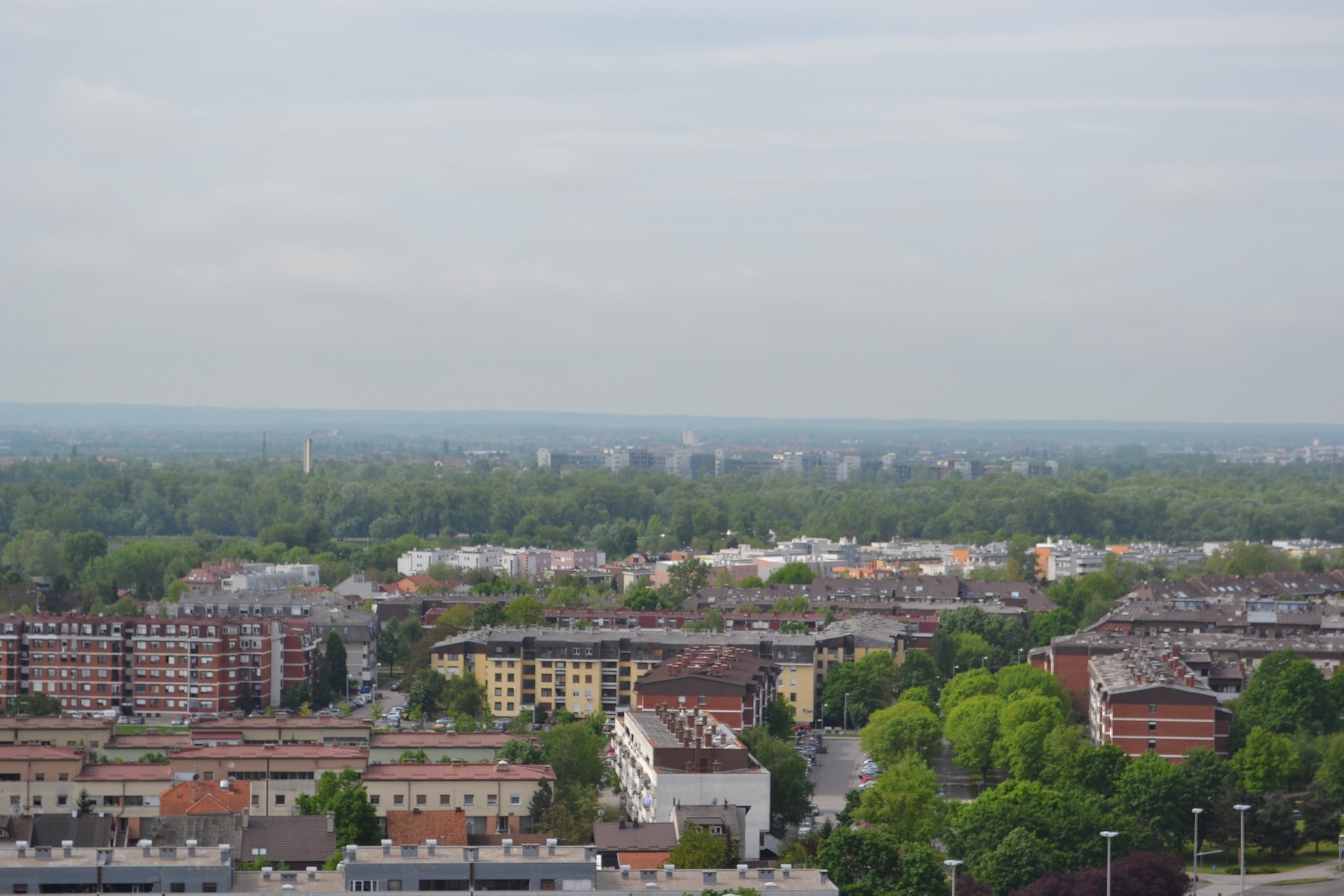
Croatian healthcare workers are currently busier with COVID patients than at any time before. And yet, there are no more trips out onto the balconies to show our appreciation for them. Perhaps it's now too cold outside? Perhaps some aren't aware how busy Croatian healthcare workers currently are with COVID patients? Are we perhaps guilty of taking Croatian healthcare workers for granted? Or, maybe we have simply put Croatian healthcare workers to the back of our minds as we struggle with our own challenges?
Throughout this year, TCN has been pleased to report many instances of generosity and innovation directed towards the fight against COVID. Certainly, not everyone in the country is guilty of forgetting about the Croatian healthcare workers who are on the front line fighting this disease. But, how much impact do these instances have on the general lives of Croatian healthcare workers? What is it like to no longer hear the nightly appreciation from our balconies? And, just what is life like as one of the many Croatian healthcare workers battling COVID in the year of the pandemic? TCN decided to interview one to find out.
The doctor we spoke with is a resident physician, working at a smaller community hospital in the continental part of Croatia. They agreed to speak with us on the condition that they do so anonymously.
Looking back at the first lockdown, we didn't know so much about COVID back then. We didn't know exactly how it was spread, the different manifestations of the disease, what course the disease took, nor what the recovery could be like. I think the government did a really good job of responding to the threat as they saw it. We had a small spike in cases, but that is minuscule to what we have now.
I think people generally did what they were told because they thought it would be temporary and they could see the sense in starving the disease out.
At the hospital, we were at first caught a little off guard with the amount of PPE we had and some other resources that we needed. For ICU and ventilators, we were well equipped.
Some of the residents were given some paid leave. It was important to put human resources into tiers. Croatian healthcare workers were certainly more predisposed to catching the disease, simply because they were around it every day.
After such great early successes, I was surprised that everything was relaxed later on to allow the tourist season to take place how it did, and for events like the Vukovar commemoration. It felt like it was a calculated risk. The lockdown we are now in is perhaps too little, too late. The disease is out there now, wild. The numbers of infected people are significantly higher.
The difficulty with this disease is that people can be infected and have very few or no symptoms at all. They might not know they are spreading the virus. You might not know you're sitting next to someone who has it.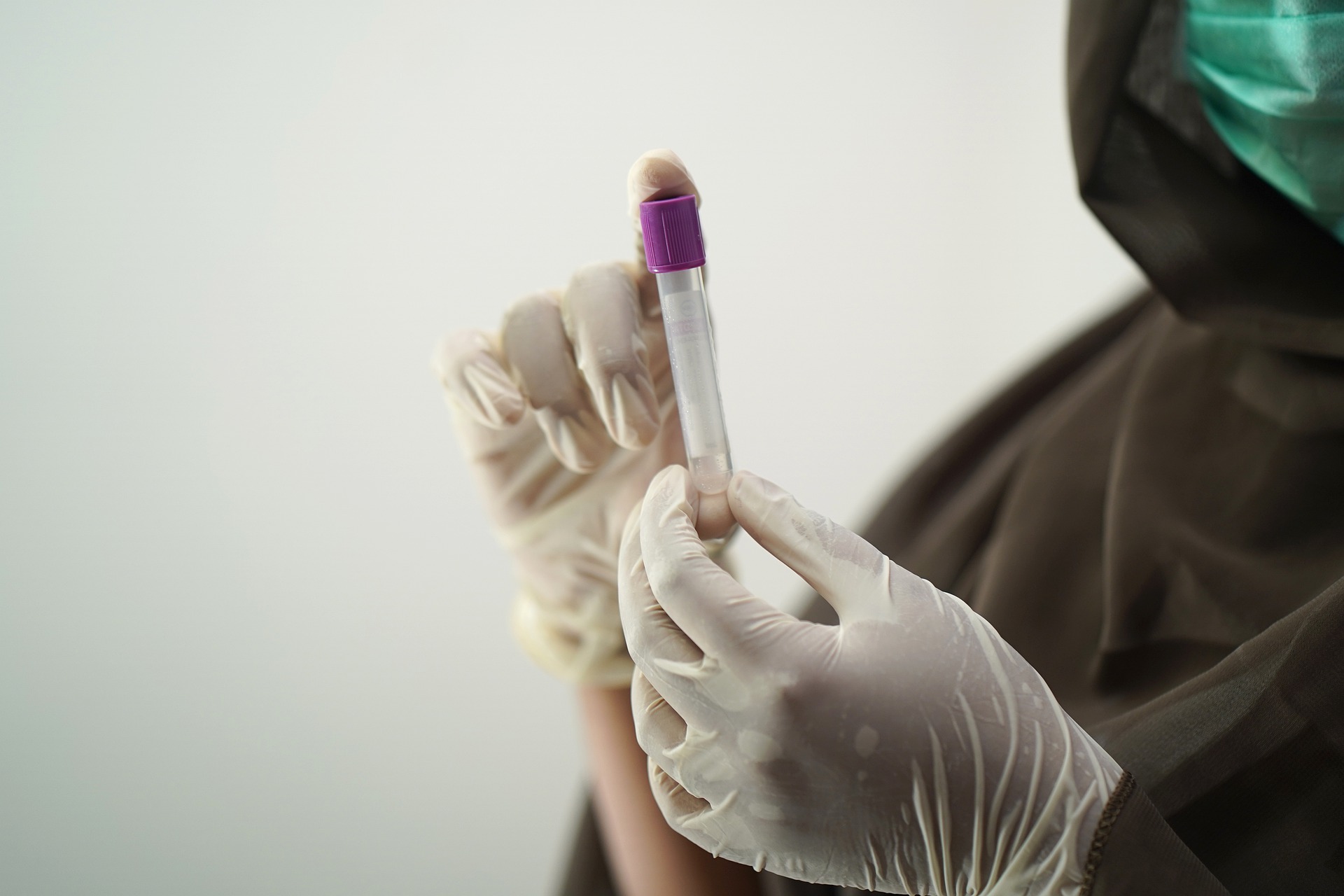
Even though we're not at the centre of care for a major population area or city, we saw cases of the disease almost immediately. Our community hospital services an area containing around 150, 000 people. The first cases in April came from nursing homes – elderly, vulnerable people, many with pre-existing conditions. We were well equipped to handle it. Now, we are stretched on a daily basis. We fill the beds with sick people as soon as we empty them.
We wear masks and PPE all day, all the time. All Croatian healthcare workers in hospitals currently do this. Every patient who comes in, regardless of their symptoms, we treat them as though they are carrying the disease.
A lot of residents like me, who are working towards getting their specialty, go to do some periods of work in larger hospitals in the bigger cities. Now, many of those residents have been called back to their community hospitals – we are short on human resources.
The hospital has had to restructure itself significantly. Lots of doctors have been asked to provide cover in the emergency department. Over half of that area is now fully dedicated to COVID.
What do COVID patients look like in regards to their symptoms? It depends on their age and risk group, but you see people who look like they have flu or bacterial pneumonia, you see people who are in acute respiratory distress. Sometimes they have neurological changes, some of them look like they have had a stroke. Some people who have been infected and have supposedly got over the worst of the symptoms, come back in after a month or two with blood clotting problems – blood clots in the legs, which have a tendency to travel up to the lungs and cause a pulmonary embolism. That's a pretty big medical emergency. Some who have pre-existing heart conditions come in with a heart attack triggered by them catching COVID – it's more complicated trying to revive someone when you know they have COVID. The presentation of the disease is so variable.
It's not only older people. I've seen young people be admitted with serious reactions to COVID - young, healthy people who have no pre-existing conditions. I've seen young people come in with mild symptoms, they are sent home with antibiotics and steroids. That is the standard treatment – antibiotics to prevent a bacterial super-infection and steroids to prevent an acute reaction by the body's immune system to COVID. - that's what can cause big problems later on, in the course of the illness. But, sometimes that's not enough. I had a young patient just last week - super healthy, worked out regularly, no pre-existing conditions – and his lungs just looked awful. He had to go to the ICU immediately (sadly, this patient later died). That's like no disease I've ever seen before. Really, COVID is a completely new kind of animal.
The new strain of COVID? There is evidence that it can be spread more easily, and that it can affect more younger people, but there is no evidence that it is any more severe. The vaccines will work against it.
We're short on ventilators now. Really, we need two free ventilators at any time, in case there is an emergency admission. We are not currently in the position where we always have two free ventilators – sometimes they are all in use. That's a worry. I worked one shift where the anaesthesiologist said “We just don't have any more space for them – we will just have to put them in the hallway”. I've never seen that before.
I've heard of Croatian healthcare workers, colleagues in other hospitals getting sick with COVID and the hospital asks them to prove they got sick at work. It's pretty clear that's the most likely place they would have got sick because they're working with COVID patients. They were forced to be off work, but only on a lower level of sick pay. If you get ill because of being at work, you get full pay. But, they couldn't prove it, so they didn't get that.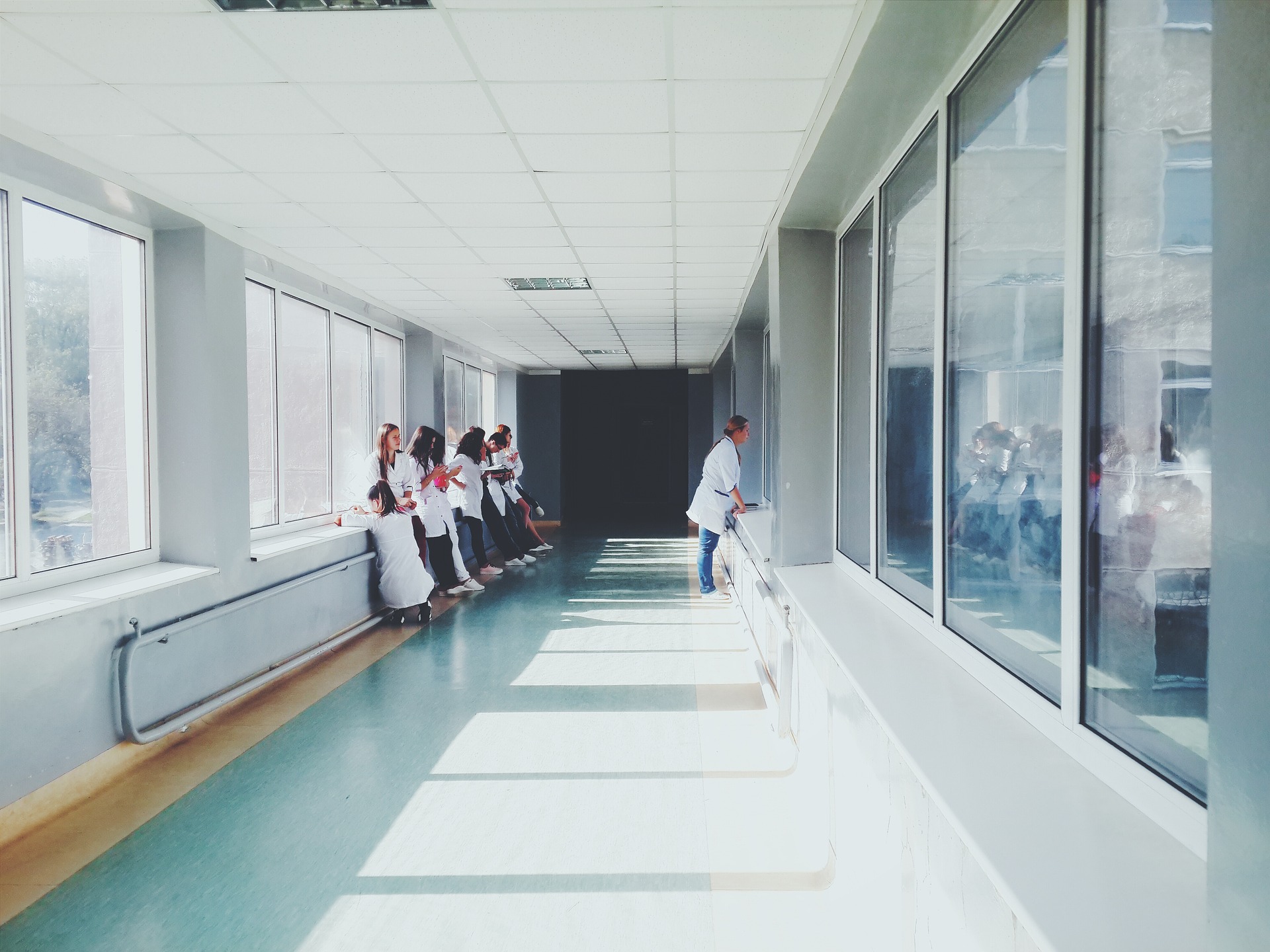
I've been lucky – I haven't caught COVID yet. Well, as far as I know. My pay hasn't gone down, it's gone up – but only because I'm working so many double shifts. I volunteer to provide cover when other members of staff get sick. The specialists – the consultant doctors – they have it worse than us resident doctors. They are more responsible, so they are expected to work more hours. Nobody is pressured or threatened into picking up extra shifts, it's just something that almost all of us just do.
I've read some nice stories about fundraising efforts and donations to Croatian healthcare workers and hospitals in different parts of the country. Everything is appreciated. But, I personally haven't seen any effect of that on our day to day lives at work. Not at our hospital. Maybe there were PPE donations or cash donations, but it hasn't impacted the daily lives of me and the Croatian healthcare workers who are my colleagues. I think I heard that a local garage was giving free cups of coffee if you show your medical ID. Every little is appreciated.
For me and the Croatian healthcare workers who are my colleagues, instead of any kind of personal discounts or donations to staff, we would much prefer if people just took this disease more seriously. Things look very different when you work in a hospital compared to someone outside who maybe doesn't know anyone who got sick.
I came off a particularly difficult double shift a couple of months ago – it was just non-stop COVID admissions, some severe cases. As I was walking home, I walked past a bar that's near to the hospital. They had signs on the walls telling people to keep their distance. But, the bar was absolutely packed – full of young people. It just felt so disappointing. I couldn't help but think of the older relatives they would come in contact with, some who might get really sick.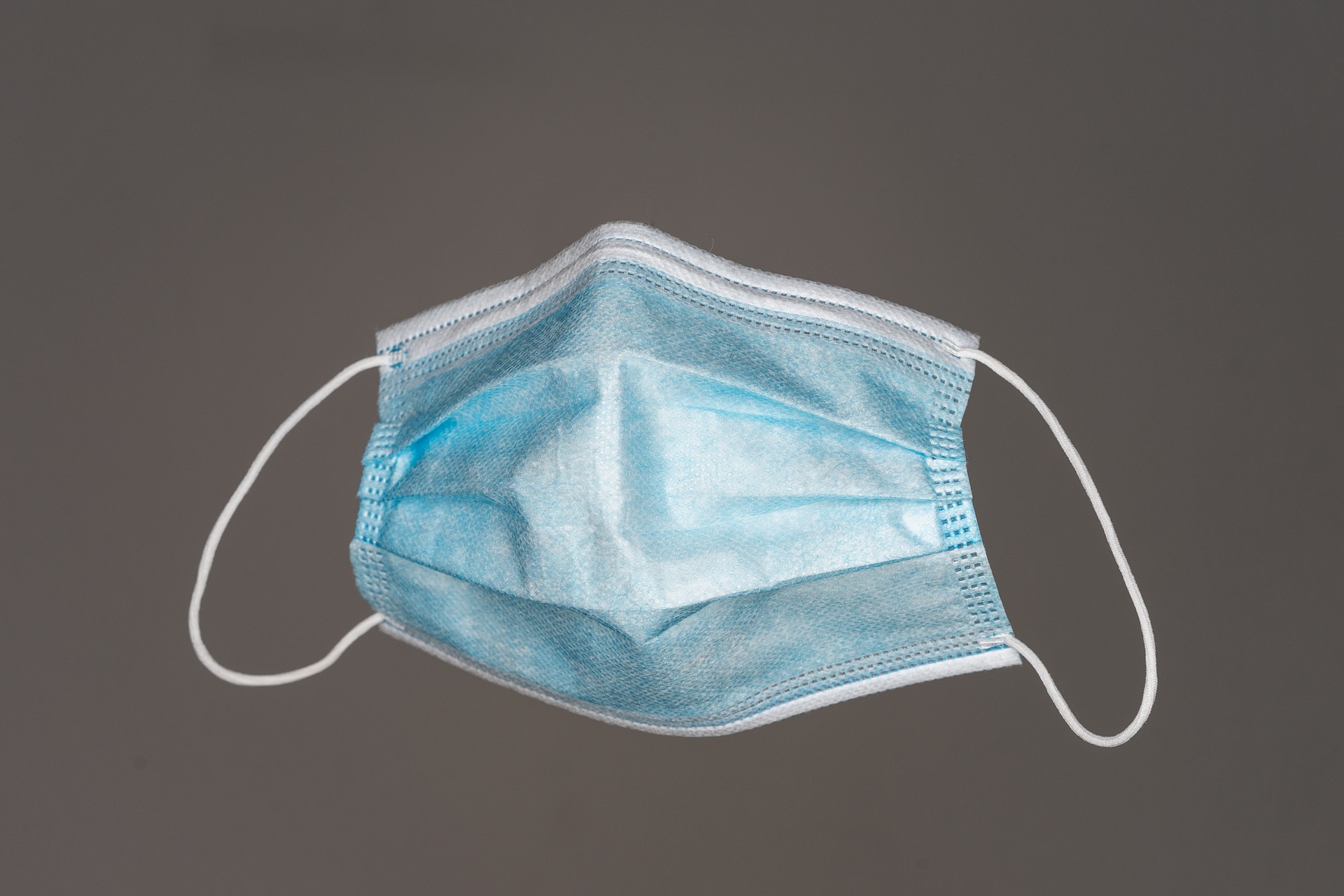
Instead of people clapping on balconies, I think Croatian healthcare workers would just prefer more general vigilance and personal responsibility – wear your mask, wash your hands regularly, no more parties in the basement. Clapping on balconies is a nice gesture, but ultimately it's an empty one.
How does it feel to know that there are some people out there, in every country, all around the world, who believe COVID is a hoax, or a plot, or not so serious, or that the vaccine is dangerous or something other than what it is?
Well, it's not always the content of the conspiracy theory that appeals to these people as much as it is their inability to accept facts – the truth – because they have little faith in the authorities that are telling them this. Here in Croatia, I think that distrust is quite high – a lot of people are disillusioned with the state and politics, because of corruption. Sometimes over 50% of the population choose not to vote. The dissemination of misinformation over social media doesn't help - if that's where people get their news from. If you look at that example from your own country, where strict measures about movement were put in place by your government, and immediately afterward, the Chief Advisor to the Prime Minister, was caught breaking them to travel across the country with his family to a second home in the countryside, going out on day trips. And he was defended by his colleagues after he was found out! When people see those kinds of things happening, the distrust between people and the authorities just grows.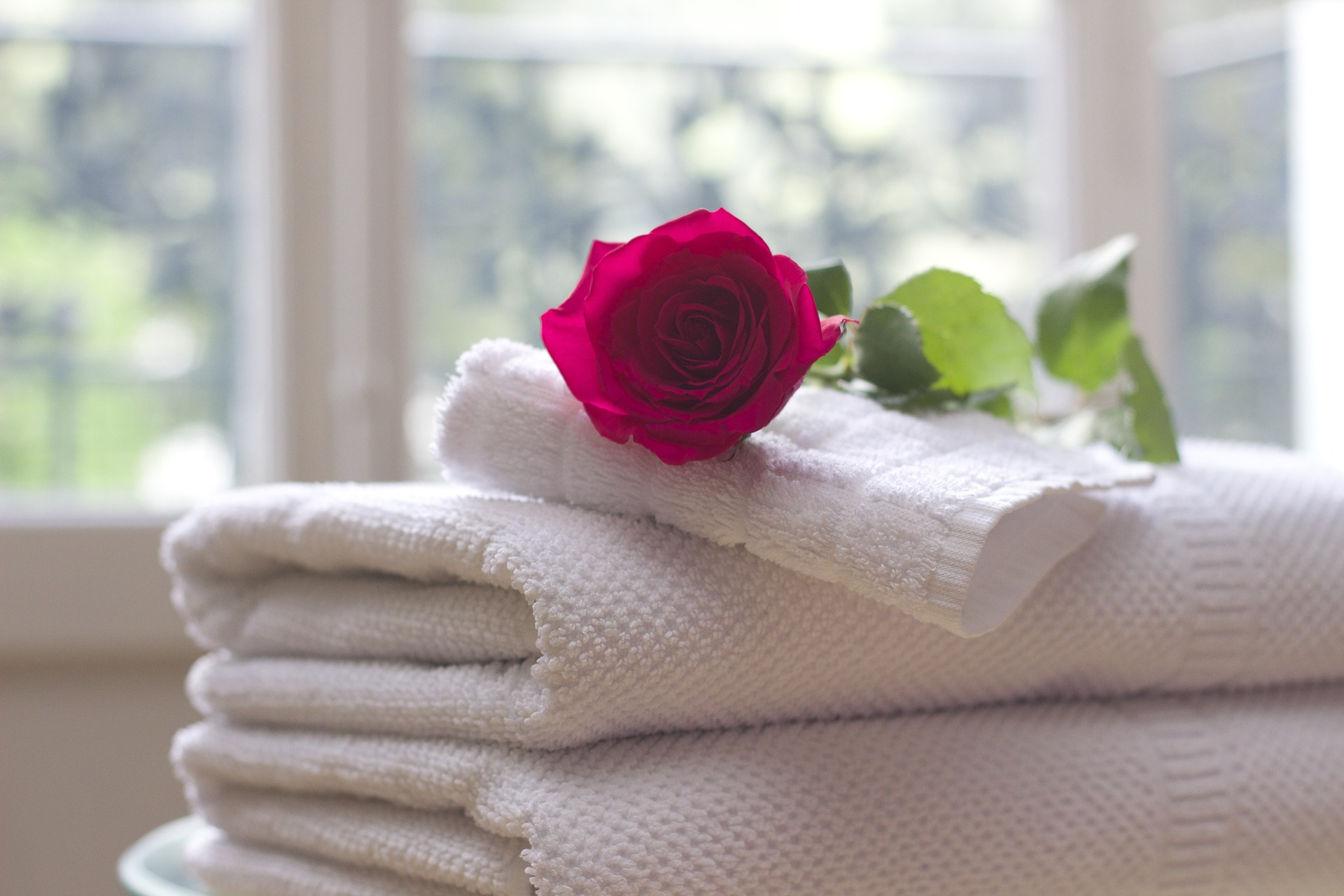
All of the images in this article are used as illustrations only. None of the places or people depicted are in Croatia or Croatian, except for the first image, a panorama of Zagreb
26 Doctors and Scientists Launch Appeal on Fight Against COVID-19 in Croatia
ZAGREB, December 6, 2020 - Concerned by the second wave of the pandemic spreading in Croatia and the high death toll, 26 prominent Croatian doctors and scientists from the country and abroad launched a public appeal on Sunday and made recommendations for overcoming the severe public health and social crisis in Croatia.
They said that only with great solidarity and commitment of the entire society can we resist this great challenge.
"We would like to distance ourselves from all the statements that based on incorrect data assured the public in November that the epidemic in Croatia would stagnate or wane and that we did not need stricter measures or that they were not effective. We also distance ourselves from estimates that the virus had weakened in any way, because they are not in line with scientific knowledge," they said in the appeal.
Strictest anti-epidemic measures should be adopted
When it is established that the spread of the infection has gone out of control, it is necessary, it was underscored, to activate preventively and without delay the strictest measures for curbing the epidemic that are politically and economically possible in Croatia. This respects the principle of prevention and prevents the occurence of a high number of infections, instead of having to treat them, with hospitals being overloaded with infected persons.
It is necessary to ensure quality and transparent information on the spread of the infection.
The communication on the pandemic needs to be improved to restore the trust in people managing the crisis, they said.
The signatories of the appeal call for a register, that is a publicly accessible tally, which will count the number of the persons infected with coronavirus, the number of persons in self-isolation, and provide information about hospitalisation numbers and the hospitals giving treatment to those persons. Such tally should give information about available capacities in COVID hospitals, with the exact number of beds for patients who need intensive care treatment.
The signatories say that the daily statistics about the COVID-fatalities in hospitals should also include the data on persons who die from COVID complications outside hospitals.
They call for resolute action in testing and for conducting a higher number of tests in the conditions of the intensive spread of the infection and "the lost control over the epidemic", so that the percentage of positive tests could drop from 30%, as it is currently the case, to below 5%.
The appeal urges the authorities to specify key epidemiological parameters for imposing or lifting of certain anti-epidemic measures so as "to lessen the uncertainties in the society."
The signatories say that in their capacities as experts they do not recommend any decisions which would not be applied to everybody and in this context they criticise any politicisation of measures and their adjustment to some of the social groups.
This (epidemic) is a problem concerning the whole Croatian society and we all are affected, and therefore only solidarity and concerted action of the whole society can help us to manage this huge challenge.
The appeal was sent by researcher Ivica Djikic on behalf of another 25 signatories.
The other signatories are Andreja Ambriovic Ristov, Nenad Ban, Ilija Brizic, Luka Cicicn-Sain, Stipan Jonjic, doc.dr.sc. Vanda Juranic Lisnic, Petra Klepac, Vanja Klepac-Ceraj, Branko Kolaric, Vladimir Krajinovic, Marko Kutlesa, Pero Lucin, Kresimir Luetic, Igor Mezic, Bojan Polic, Kristijan Ramadan, Igor Rudan, Marija Santini, Mihaela Skobe, Sasa Srica, Igor Stagljar, Goran Tesovic, Andrej Trampuz, Boris Ujevic and Domagoj Vucic.
Doctor: Average Age of Coronavirus Dead Ten Years Lower than in First Wave
ZAGREB, September 1, 2020 - The head of the Clinic for Infectious Diseases at the Split University Hospital, doctor Ivo Ivic, said on Tuesday that the average age of patients who died from coronavirus in that clinic was 10 years lower compared to the average age of those who died in the first wave of the epidemic.
"Since June 17, when we can say that the second wave started, 12 patients infected with COVID-19 have died here, and their average age is 73, which is quite unfortunate since that is 10 years lower than the age of persons who died in the first wave, which was 83," Ivic told a press conference in Split.
He also said that there were twice as many deaths during the first wave and that the high average age of those who died then (83 years) was due to the fact that the coronavirus had then spread to nursing homes around Split.
According to doctor Ivic, 155 coronavirus patients have been hospitalised at the Split University Hospital since June 17, their average age is 66, and 65 of them have recovered, while in the first wave there were around 200 coronavirus patients in that hospital and their average age was 72.
He said that the Clinic for Infectious Diseases could currently withstand the number of patients, but it was to be expected that new patients would continue arriving.
He reiterated that he was for fining those not adhering to the epidemiological measures if, he added, there was no other way to achieve behaviour suitable for the "new normal".
We must start living with the coronavirus, we cannot stop life, but we must adhere to the measures of distancing and protection, he underscored.
For the latest travel info, bookmark our main travel info article, which is updated daily.
Read the Croatian Travel Update in your language - now available in 24 languages
Daily Warns of Shortage of Primary Care Physicians
ZAGREB, Aug 12, 2020 - An average primary care physician in Croatia is in their fifties, some of them are already opting for early retirement and around 160 who still work are older than 65 and can close their practices any time, the Wednesday issue of the Vecernji List daily says.
According to data from the Croatian Medical Chamber, there are 2,215 family doctors in Croatia, but that figure is disputable, says Vikica Krolo, who heads the KOHOM association of family doctors.
"Around 160 active doctors are older than 65, 200 primary care teams do not include a doctor, and around 660 doctors are about to retire," she says.
The situation with primary gynecology and pediatrics is also unfavourable, the average age of a gynecologist or pediatrician is 54 and 55 respectively, with 30% of active gynecologists being older than 60 and as many as 38% of primary care pediatricians being above that age.
The state has been trying to make up for the lack of young specialists with a specialisation plan that focuses on primary health care in the next five years, Krolo says, but warns that one should provide good work conditions, notably salaries, to attract young doctors to those branches of medicine.
She warns that family doctors opt for early retirement also because they lack motivation.
The administrative part of the job, phone calls, patients' emails, etc. are a daily routine that will become more demanding in the autumn, while patients will have more difficulty accessing primary health care, KOHOM has warned, noting that in addition to work related to the coronavirus epidemic, tourists and refugees, the health system will also have to deal with flu season in the autumn as well as with new prevention programmes.


